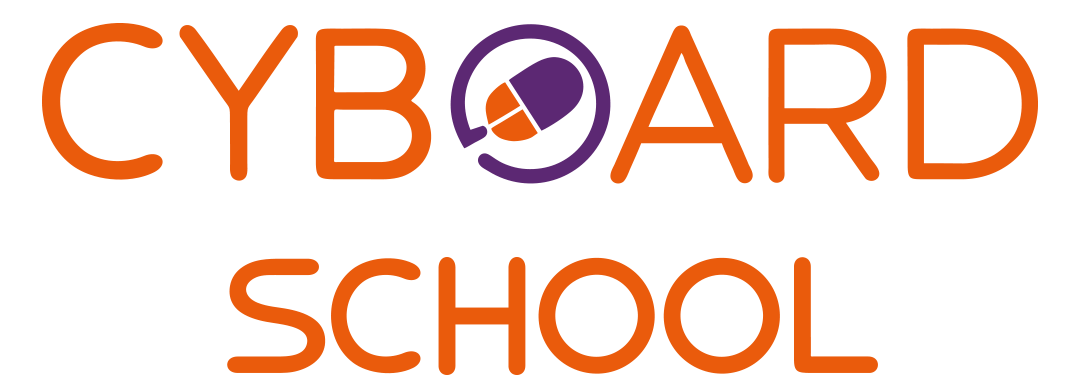The pace of cultural change is accelerating more quickly than ever before, says Liana Gabora, Associate Professor of Psychology at the University of British Columbia.
Living in a dynamic world today means we face a constant bombardment of new information, data, technology, and people, resulting in new problems. As a result, our problem-solving techniques must also evolve.
The methods that once worked well in the past are no longer as effective. We now seek innovative solutions that are flexible, open-ended, and encompass multiple plans.
To find the right solutions, we must tap into our brain power. This requires the right attitude, utilizing the ‘right’ side of the brain, leveraging suitable technology, and adopting the right perception.
Ideas are the new currency of the new economy."
However, relying on the same group of people often limits the generation of new ideas. Being in a familiar environment can restrict our horizons and limit our creativity. Therefore, it is crucial to continually stimulate individuals to disseminate new tools and problems, which is essential for survival.
In this era, education plays a critical role. We must equip our students with the following:
- Tools that unleash their innate creative potential
- Allowing them to brainstorm/brainwrite to generate and execute new ideas
- Cultivate linear learning as a mindset that enables systematic thinking in students
- Nurture excellence in students with creative and innovative minds brimming with plans and ideas.
- Develop positive, pleasant, and principled patterns in students’ lives
To encourage fresh thinking, individuals should constantly question the phenomena around them. Fresh experiences are crucial for training and conditioning our minds to appreciate new plans, ideas, objects, and thoughts.
Schools should assign creative tasks combined with transformative technology to enhance results. Embracing creativity leads to self-motivated and self-directed learning, fostering autonomy, control, and heightened self-esteem. Creativity involves trials, errors, failures, and successes, building resilience and the ability to overcome challenges. It teaches individuals that problems have endless solutions.
According to Adobe, 85% of jobs require creative thinking, and LinkedIn identifies it as the second most important skill in the job market. Let us nurture and embrace new ideas, cradling them, appreciating them, and allowing them to grow.
In the face of this “new world,” we need knowledgeable, trained minds capable of adapting. We must provide ample “if what?” triggers, creating opportunities for neuroplasticity and enabling divergent thinking.
As Archimedes once said, "Give me a place to stand and a lever long enough, and I can move the world.
Is homeschooling, with its focus on reading, thinking, and fostering innovation, the answer we seek?
Explore More on Cybaord School
About the Author
Dr. Madhuri N Parti is an educational visionary with 30+ years of experience leading schools. As Head of Strategy and Planning at Cyboard School, she emphasizes social responsibility and innovative teaching techniques to enhance student learning.



